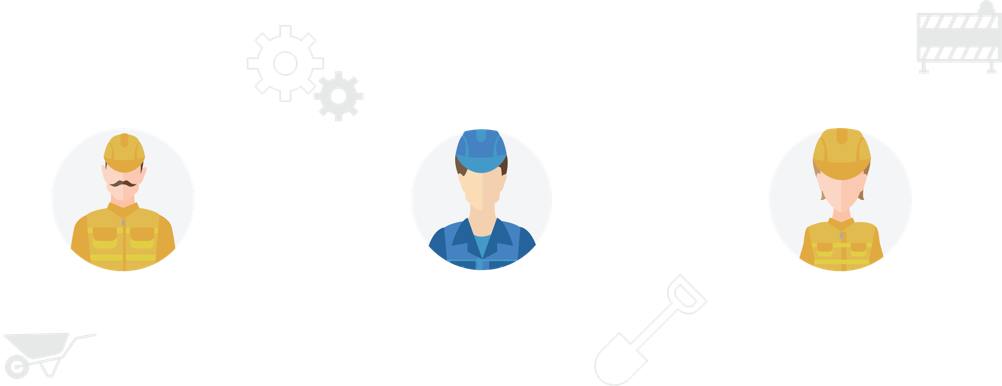
Hazardous materials workers identify, remove, package, transport, and dispose of dangerous materials including asbestos, radioactive and nuclear waste, arsenic, lead, and mercury. They often respond to emergencies where harmful substances are present, and are sometimes called abatement, remediation, or decontamination specialists.
Job Related Skills, Interests and Values
- Interested in protecting the environment through the safe removal/disposal of dangerous materials
- Able to understand and apply safe working practices and procedures to the job
- Able to construct and set up enclosures, decontamination chambers, and waste chutes
- Willing and able to perform routine inspections
- Knowledgeable or willing to learn about biological and physical hazards
What Preparation and Training Do You Need?
- A secondary school diploma is required
- Workers must be able to perform basic conversions and calculations
- Completion of 3,000-hour apprenticeship, including on-the-job and in-school training
- Completion of exam to obtain Certificate of Qualification
- Background in construction is an asset
- Hazardous Materials certificate often required in order to retain employability and remain competitive
What's Your Future as a Hazardous Materials Worker (253H)?
- Increased pressure for cleaner electric generation facilities could drive employment growth
Wage Rate
Apprentice wage increases with skill and experience. Fully qualified workers earn an average of $19.00 per hour.
Self-Rating
Hazardous Materials Worker (253H)
| Ask Yourself: | Yes | No |
|---|---|---|
| Do you have good hand-eye coordination, and enjoy working with different types of hand tools? | ||
| Do you enjoy problem solving and coming up with a solution? | ||
| Do you like working with the latest technology? | ||
| Are you able to follow Health & Safety guidelines? | ||
| Are you able to lift more than 50lbs? Are you able to stand or sit for long periods of time? | ||
| Are you conscious of the environment? | ||
| Are you reliable, a self-starter and able to work with minimal supervision? |
If you checked YES to the majority of these questions, a career as a Hazardous Materials Worker (253H) may be for you!
You might want to look at these similar trades as well;
- Sprinkler and Fire Protection Installer
- Heat and Frost Insulator
- Power Line Worker
Sprinkler System and Fire Protection Installers fabricate, install, test, maintain, and repair water, foam, carbon dioxide, and dry chemical sprinkler systems in buildings for fire protection purposes.
Powerline Technicians build and repair overhead and underground power lines, which are used to conduct electricity from generating plants to the customer. They erect and maintain poles and towers, as well as install and maintain street lighting systems.
A Heat & Frost Insulator applies insulation materials in order to prevent the transmission of heat, cold, sound, and fire.